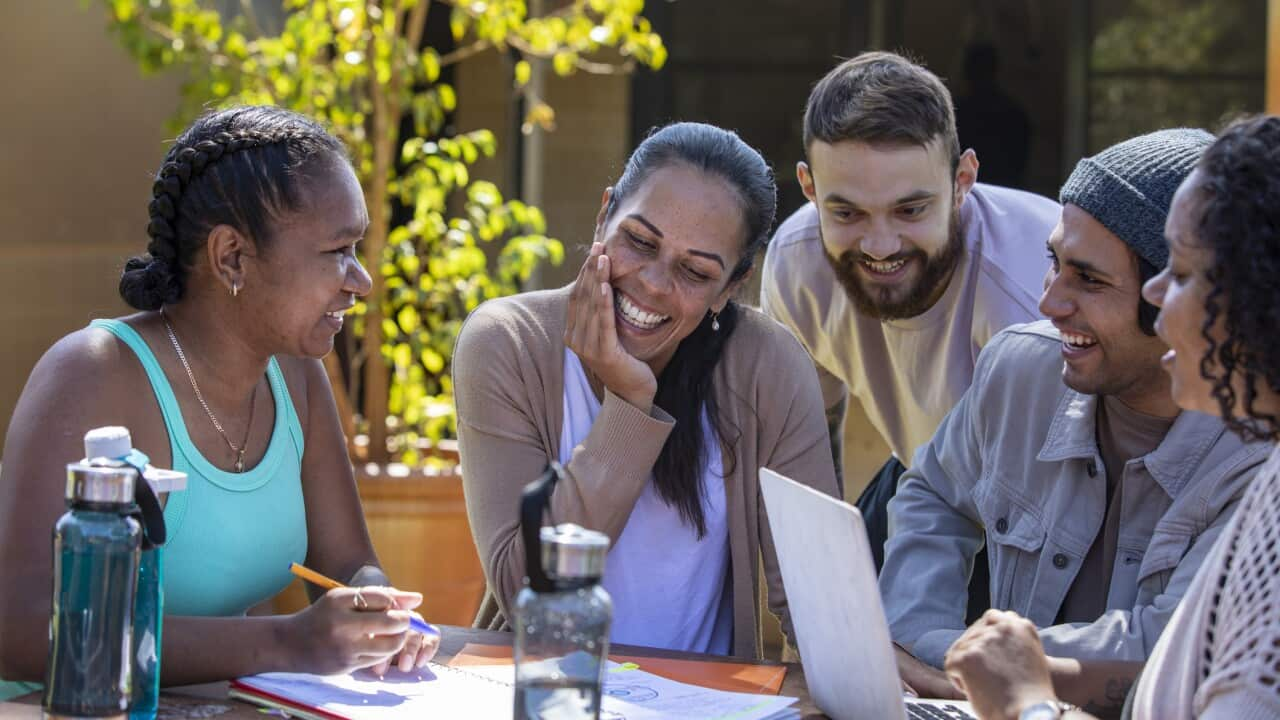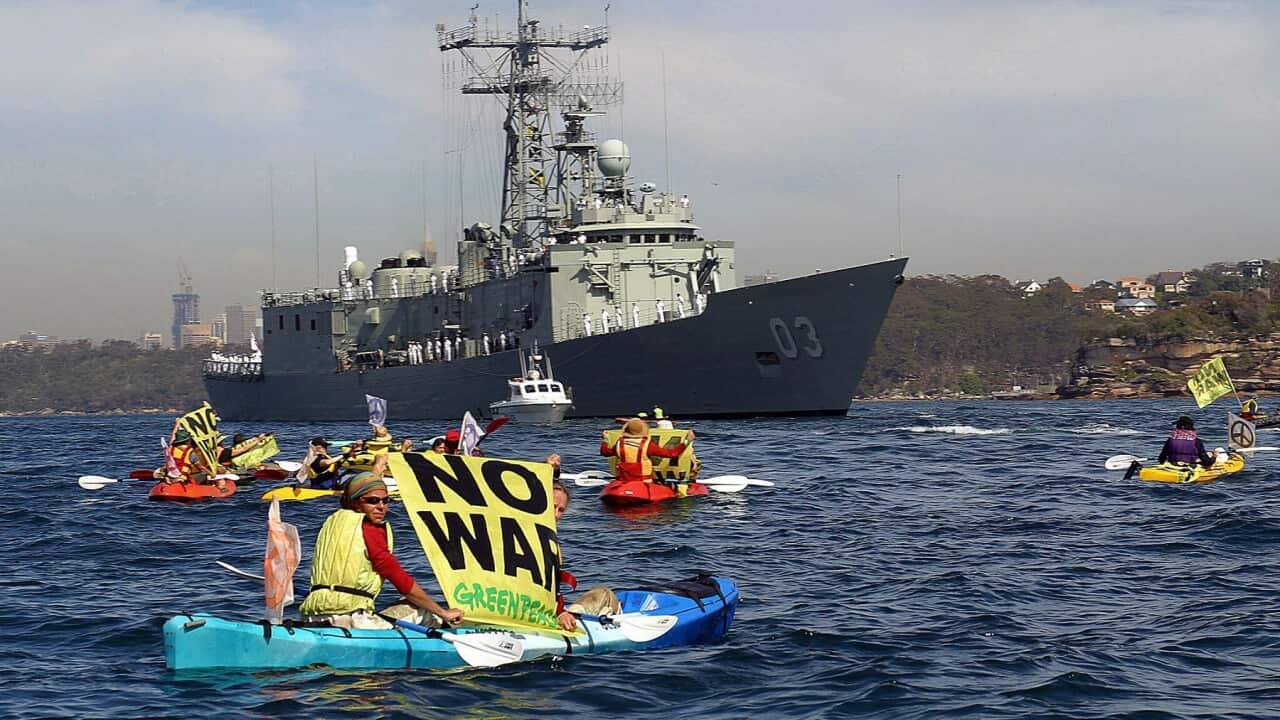O analeila na atoa tonu iai le 75 tausaga o le osofaiga e Iapani o le vaegaau a Amerika i Pearl Harbour i Hawaii ma amata ai le vaega lona lua o le taua lona lua 2 i le lalolagi lea e faaigoaina foi o le taua i le Pasefika.
O le osofaiga lenei na i'u ai ina auai vaegaau a Ausetalia i le taua i le Pasefika e lagolago ia Amerika ma amata ai le feagaiga o le puipuiga e pei ona fai paaga ai atunuu e 2.
O le peresitene o Amerika i le taimi o le osofaia o Pearl Harbour i le Aso 7 o Tesema 1941, o Franklin Roosevelt.............
ROOSEVELT
"December 7th, 1941, a date which will live in infamy. The United States of America was suddenly and deliberately attacked by naval and air forces of the Empire of Japan."
E ova i le to'a 2 afe fitafita Amerika na maliliu, ma le ova i le 3 afe na manunua.
200 vaalele tau a Amerika na faaleagaina, 4 vaatau ma le tele o isi meatotino a le militari.
Na auai analeila i pearl harbour nisi o fitafita na faasaoina mai le osofaiga a Iapani.....
SURVIVOR
"We were ... the fireball got us all. We got ahold of a sailor on board the vessel, and he throwed us a heaving line, which is a heavy line with a weight on it. And we tied -- he tied -- the heavier line on it, and we pulled that across and proceeded to go hand over hand across to the vessel, about 70 or 80 feet. I don't know how I made it, but I'm here."
Ae le na o le va o Iapani ma Amerika na aafia ai ina ua maea le taua.
O le alii o Professor Richard Waterhouse o le Inuvesite o sini, e faapitoa lona tomai i le tala faasolopito o Ausetalia.
WATERHOUSE
"The news was in the afternoon papers of December the 8th, and certainly in the morning papers of December the 9th -- all on the front pages, of course. It was also on the radio on December the 8th. What is really interesting about all those headlines -- and I've read the headlines of all of the major Australian papers -- is that the emphasis is not so much on Pearl Harbour, but on the simultaneous Japanese invasion of Malaya."
Na saunoa Professor Waterhouse o le tulaga lamatia o Ausetalia mai le malosi faa-militari o Iapani, na amata ai ona vaai Ausetalia ia Amerika o sana paaga i le taimi o taua, ae ua le toe vaai faapena ia Peretania e pei ona iai i le tele o tausaga ae le'i faia e Iapani le osofaiga o Pearl Harbour.
E le gata i lea, faatoa iloa ai i Ausetalia nei le malosi e mafai ona oo iai le militari a Amerika.........
WATERHOUSE
"From about late December onwards, Australia increasingly began to turn to the United States, because it was realised that we could no longer rely on Great Britain. And then what was reported in the Australian press was the figures that the Americans were quoting, about how many tanks, how many aeroplanes, how many guns they were going to produce ... and it was just mind-boggling. And it was that moment that made Australians realise that this was, really, the greatest power on earth."
E pei ona silafia, o le taua na ola ina ua osofaia e vaalele tau a Amerika taulaga o Hiroshima ma Nagasaki i Iapani e faaogaina ai ni pomu atomika.
Ae i le va o Iapani ma Ausetalia, na saunoa Professor Waterhouse e le'i iloga lava ona faagaloina e nisi o fitafita o taua le saua tele o le militari a iapani ia i latou...
WATERHOUSE
"The way the Japanese treated prisoners of war was particularly vile. There's no getting away from it. For example, Australian prisoners that they took on the islands off New Guinea, they tied to posts and used as bayonet practice. So, yeah, that sort of has still remained, I think, in the Australian psyche. And I think the other thing that's a bit of a problem is the Japanese have never seemed to be as apologetic or as regretful for what they did by, first of all, starting the war in the Pacific, and then by the manner in which they conducted the war, and their treatment of prisoners of war, as the Germans have been."





